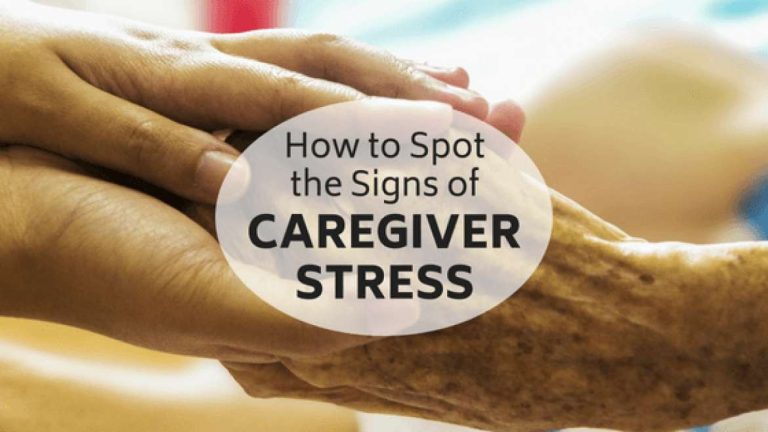In the United States, more than 40 million people serve as unpaid caregivers of adults over the age of 65. Sixty percent of these individuals are also employed in the workforce. Most have other household responsibilities, including maintaining a home and raising children. Most who provide unpaid caregiving are doing so for family members.
Caregiving can be extremely rewarding, but it is undoubtedly a very stressful experience. The grief involved in watching a loved one’s health or abilities fade away can be overwhelming. As roles change and independence is lost, there can be frustration, depression and even anger. The following circumstances tend to be linked with higher caregiver stress levels, and it is wise to be aware of your risk level if any of these apply to you.
- Feeling forced into the caregiver role
- Feeling confused by the transition to caregiver (from spouse, adult child, friend, etc.)
- Expecting to “save” the person or to have a highly positive effect on the progression of the illness
- Having complicated, unresolved problems within the relationship
- Lacking the resources needed (financial, skills, time, etc.) to effectively manage the situation
- Holding yourself to unrealistic standards or expectations, such as navigating the situation without help or always being positive
If these apply to you as a caregiver, be extra vigilant about monitoring stress levels. Even those without these factors, however, are at risk for caregiver stress. Be aware of these signs of stress.
- Increased or decreased eating or sleeping
- Feelings of worry, sadness, isolation and loneliness
- Becoming easily overwhelmed, irritated or angry
- Fatigue and pain such as body aches or headaches
- Frequent or severe mood changes
- Using alcohol, tobacco, etc. to cope with stress
- Poor concentration
- Emotional Exhaustion
While it is common and not harmful to experience most of these signs for a short period of time, if you find that symptoms are prolonged or interfere with your ability to function in your roles, it is a good idea to speak with your physician. If you experience thoughts of harming yourself or others or begin to use substances excessively for coping, it is vital to get immediate help.
In upcoming blogs, we will explore steps that caregivers can take to reduce stress and increase self care.






